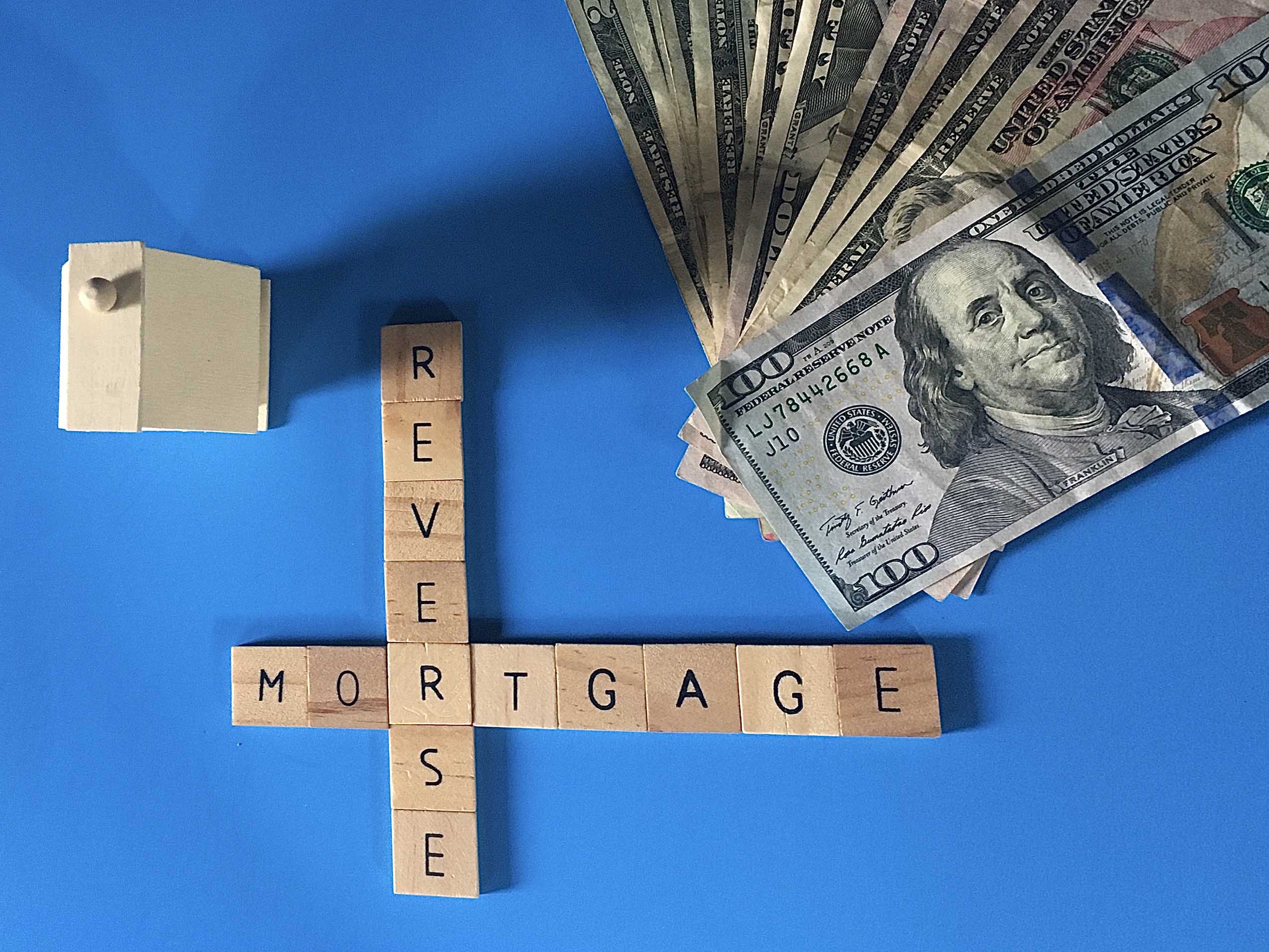Options to Consider When Downsizing your Home?
The first option could be to sell it for a lot of money and buy a smaller place to live. Another option would be to rent their place out and either buy or rent a smaller place. Of course, they may also elect to do nothing and continue having higher maintenance or upkeep costs rather than change where they live.
The economics of downsizing may become the determining factor in most cases. If the family needs more funds for added care and/or housing costs, selling your house would accomplish this.
However, many people become concerned with the tax ramifications of selling a long-time held residence. Even though there may be a significant exemption of $250,000/$500,000 from the capital gains tax due upon a home sale, if they have owned the property for many years the resultant taxes due may feel too large even though such gains are taxed at a reduced capital gains rate.
Potential Tax Issues
Another potential tax issue for most people pertains to property taxes. Some owners are not aware that they may carry their current property tax base forward to a replacement home provided that certain conditions are met, and also that this is feasible in some particular counties in addition to Los Angeles. Especially considering that housing costs may be substantially lower in almost all other areas.
Many prefer condo living when they downsize. Although there are monthly dues, offsets to these include no property maintenance costs, and the benefit of proximity to shops, restaurants, grocery stores, and medical services.
Emotional Considerations
In other cases, the deciding factor may be more emotional than financial. For example, some owners have become so attached to living in their current home they find it difficult to let it go. Or sometimes a family member does not want to let it go. On the other hand, being closer to grandchildren is often the most compelling reason to sell.
If there are no kids involved to enjoy any tax savings, it may not make that much of a difference to some to pay the capital gains tax. If there are adult children, then some relevant issues would include liquidity, cash flow, and the possibility of the kids advancing any costs of care if needed.
Of course, there are options to retain the current large home if the family decides to not sell. For example, adding a stairlift or elevator may resolve mobility issues, as could the installation of ramps and other helpful devices.
Convert the Home to a Rental
Another option to retain the home even if one can no longer live independently would be to lease it out and use the income to offset housing and care costs.





